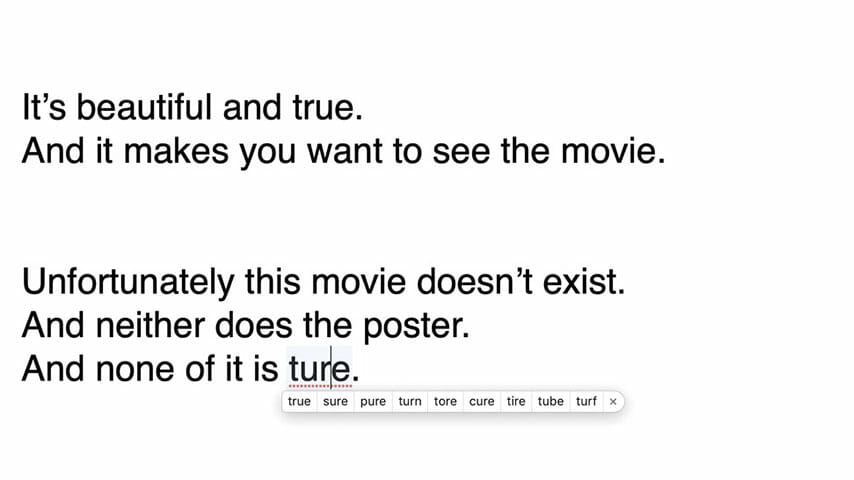My First Time with My First Film
Zia Anger's live performance documentary is finally available for at-home consumption—within a certain context.
Images via MEMORY
Note: The following contains potential spoilers for Zia Anger’s My First Film.
![]()
In some places it’s listed as a 2018 film, in some 2019, but only in 2020 has My First Film —Zia Anger’s second feature—become available for at-home consumption. For the occasional venue that’s hosted it, the film’s duration is usually labeled as 75 minutes; when my RSVP was confirmed on April 8th, the message advised me the film “can run anywhere between 85 and 110 minutes.” Our mid-afternoon session with an audience of about 60 lasted almost exactly 90. I haven’t stopped thinking about it since.
Time is essential to Anger’s ever-shifting opus, because context is everything. Performed live in theaters throughout 2018 and 2019—often at film festivals and colleges, with the final performance, as described in an interview in Filmmaker Magazine, unexpectedly ending up being at Borscht before the pandemic canceled a few future UK dates—My First Film is now available through “preview” streams online all while Anger and her studio/distributor, MEMORY, feel out ways to get people to see it. As they responded in an email: “…we are figuring that out right now.”
To put its conceit lightly, My First Film is never quite the same. It’s at the mercy of not just the audience (as are most moviegoing experiences), but of the mood of the performer (the director, alone with only her laptop), of the venue, of the efficiency of the technology used, of all previous performances, of access, of class, of our individual ability, our intimate desire, to justify using our time anymore. It is built to be singular, built as we watch it from screengrabs and YouTube videos and Google searches and whatever detritus Anger has culled from the unending, vista-defining flotsam of her, and our, digital selves. The frame is her laptop screen, the film narrated via her typing into Apple’s TextEdit, replete with real-time typos and rewrites, meaning mutating as she deletes and then re-words herself. She tells us what the movie is about, repeatedly, were we not already clued in by the title: It’s about the making of her first movie, a movie from a decade or so ago so unseen it’s practically listed nowhere. We watch big chunks of it with her; she has no hesitation in foregrounding the experience with the admission that the movie has been unseen for a reason. It’s a bad movie.
On April 8th, Bernie Sanders “suspended” his campaign, and Anger, who refrained from using her voice almost completely throughout her film, revealed, during that particular performance, her head with a Bernie Sanders hat fit snugly on top. She typed, before we “began” (though as soon as we logged in we’d arguably begun), that she wasn’t feeling good that day. Many of us, too, were processing the news of what it meant to be stuck with the illusion of choice in a world already so dramatically out of our control. Which is why she may have first called us “blasé,” at least until we began to take the short videos she texted to us (via iMessage) and pass them to other numbers that appeared on screen. The videos were unearthed corpses from her past Instagram stories, Anger explained, and the dumbly laborious process of getting those stories deserves more enthusiasm and participation from us select bystanders. We obliged; I accidentally sent someone a video I took of Jackie Chan in Island of Fire until I realized what was actually happening.
-

-

-

-

-

-

-

-

-

-

-

-

-

-

-

-

-

-

-

-

-

-

-

-

-

-

-

-

-

-

-

-

-

-

-

-

-

-

-

-








































